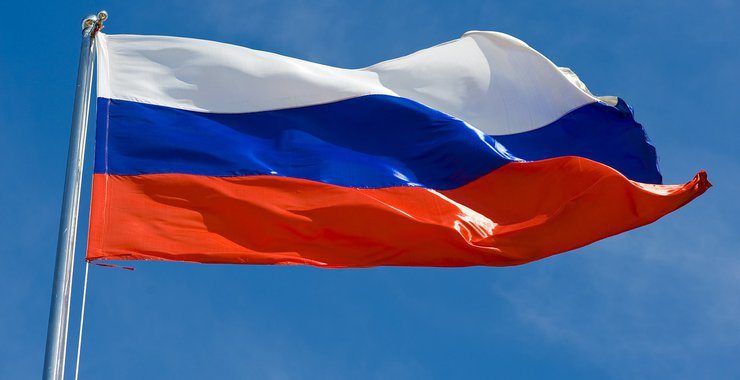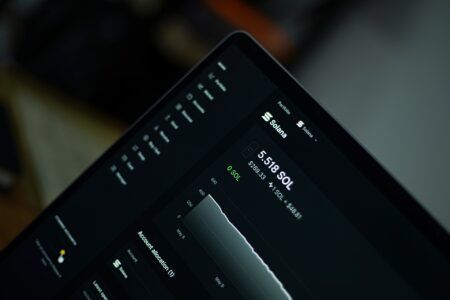The Russian Engineering Union (‘SoyuzMash’) has requested that the Central Bank of Russia consider exploring blockchain technology as a potential means of exchange for arms deals with foreign customers.
Vladimir Gutenev, the vice-president of SoyuzMash, has indicated that he made the recommendation directly to Elvira Nabiullina, the head of the Central Bank of Russia, alongside “a whole range of measures” also endorsed by the union.
Russian Engineering Union Proposes Stablecoins “Backed by Material Valuables”
Specifically, Mr. Gutenev recommended the consideration of stablecoins to conduct Russian arms sales, emphasizing the advantages such offered in facilitating the bypassing of economic sanctions. He stated:
The so-called ‘stablecoins’ are cryptocurrency backed by material valuables, especially gold. That is to say, anonymous payments are one of the possible ways to resolve the existing problems.
Mr. Gutenev’s comments also indicated his preference that arms only be exported after receiving full payment upfront, stating:
It’s hard to name any new conditions with respect to competition, because of course, this is not a competitive environment, it is powerful sanction pressure. Whereas previously there were a few reference points according to which one could say that a contract had been fulfilled, we are now encountering cases where for months the delivered equipment and adopted equipment is not paid for, the transactions are very difficult to carry out.
The recommendation was made by the Russian Engineering Union in partnership with an “expert council on military and technological cooperation” of the State Duma’s commission on legal support for the development of defense industry organizations, which was established during 2019.
Russian Cryptocurrency Legislation Expected by the End of 2019
Last month, local media outlet Interfax reported that the Russian deputy finance minister, Alexei Moiseyev, had announced that the country’s lawmakers were discussing allowing the purchase and sale of cryptocurrencies while preparing Russia’s upcoming virtual currency regulation. However, Mr. Moiseyev indicated that cryptocurrency payments will not be legitimated under the bill.
“Like with foreign currency, it would be possible to buy and sell [cryptocurrencies], but impossible to use them for payments,” he stated.
The report also cited the head of the Duma Financial Market Committee, Anatoly Aksakov, as having indicated that Russia must develop and implement a regulatory apparatus for cryptocurrencies before 2020 to comply with the recommendations of the international financial watchdog, the Financial Action Task Force (FATF).








